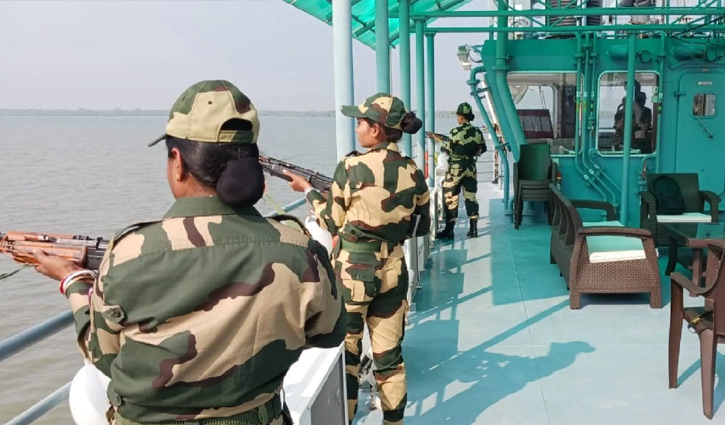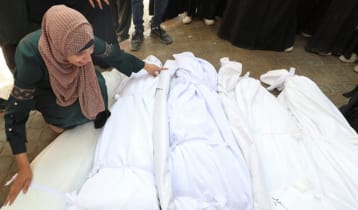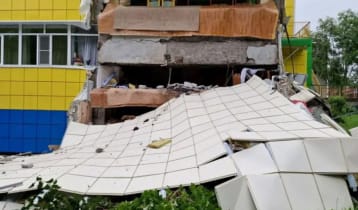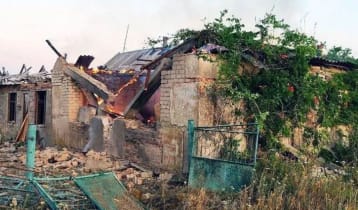India sets up new floating outposts at border
News Desk || risingbd.com

India has stepped up security on its border with Bangladesh after an official in the country’s new government threatened to annex part of the north-east, British English daily The Telegraph reported.
Mahfuz Alam, a senior adviser to new interim leader Muhammad Yunus, accused the Indian government in a Facebook post on December 16 of “ghettoising” and “colonising” the population in West Bengal, Tripura and Assam.
Bengali-speaking Muslims are the largest minority in all three states.
For Bangladesh to succeed as a country following the overthrow last year of pro-India prime minister Sheikh Hasina, it must grow geographically, Mr Alam wrote.
“A small, limited, landlocked” nation, he argued, would be doomed to fail, adding that the culture of north-east India has more in common with Muslim-dominated Dhaka than Hindu-majority Delhi.
“To ensure true freedom from India,” Mr Alam continued, the country needed another revolution, posting a picture of a map where Bangladesh’s borders extended across the three states.
The Facebook post was deleted within two hours but it has led to a deterioration of already-tense ties between the neighbouring nations.
India’s foreign ministry said it had taken up the comments with Dhaka and a spokesperson said the remarks “underline the need for responsibility in public articulation”.
On Friday, it emerged that India’s Borders Security Force (BSF) has built new floating border outposts on the rivers that cross India’s border with Bangladesh, including the Ganga, Brahmaputra and Sunderbans.
“Waters are always vulnerable,” a BSF source said on Friday. “We are patrolling the areas 24/7. More floating outposts will definitely help us. They are the need of the hour.”
India fears that Bangladesh’s new government could facilitate the movement of terrorists into the north-east through the river routes, which were used by Pakistan to ferry fighters across the border before Bangladesh gained independence in 1970.
There are also concerns over potential funding and support of separatist movements.
Ms Hasina’s ousted Awami League party included members of Bangladesh’s minority Hindu population, and she has taken refuge in India since street protests ended her 15-year rule.
The government of Hindu nationalist prime minister Narendra Modi viewed Ms Hasina as a key ally, hoping to lure Bangladesh away from closer ties with China.
Since she was ousted, Mr Modi and his Bharatiya Janata Party (BJP) have repeatedly called on the new government in Bangladesh to protect its Hindu population amid a wave of violence.
On December 2, Indian demonstrators stormed Bangladesh’s diplomatic mission in the north-eastern city of Argatala, protesting against the arrest of a Hindu monk in the Bangladeshi capital.
Dhaka immediately suspended all consular services in the mission and summoned New Delhi’s envoy in protest.
“India is constantly spreading misinformation against Bangladesh and the July revolution, aiming to isolate Bangladesh internationally and portray it as an Islamist stronghold,” Asif Nazrul, law minister in the interim government, told The Telegraph.
In a meeting with multiple political parties after the Agartala incident, Mr Nazrul proposed organising a rally to counter what he branded Indian propaganda.
He added: “It may be true that during the July revolution and later, a few Hindu persons were attacked or imprisoned. But the reason for these attacks was their criminal activities with the Awami League.”
Dhaka/AI



















